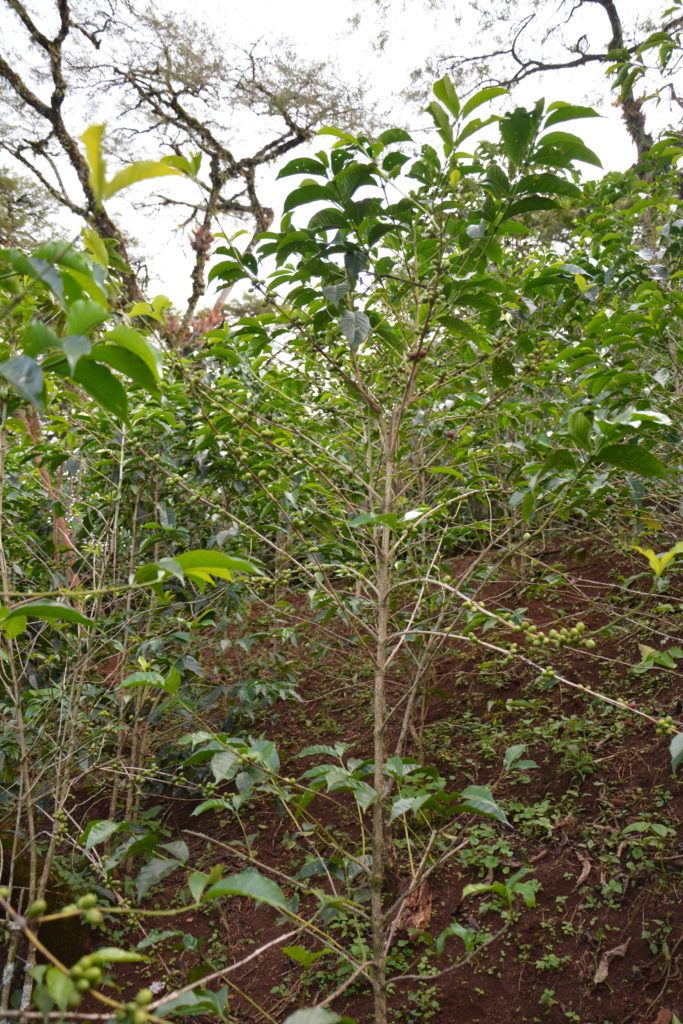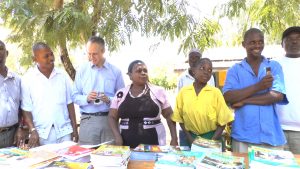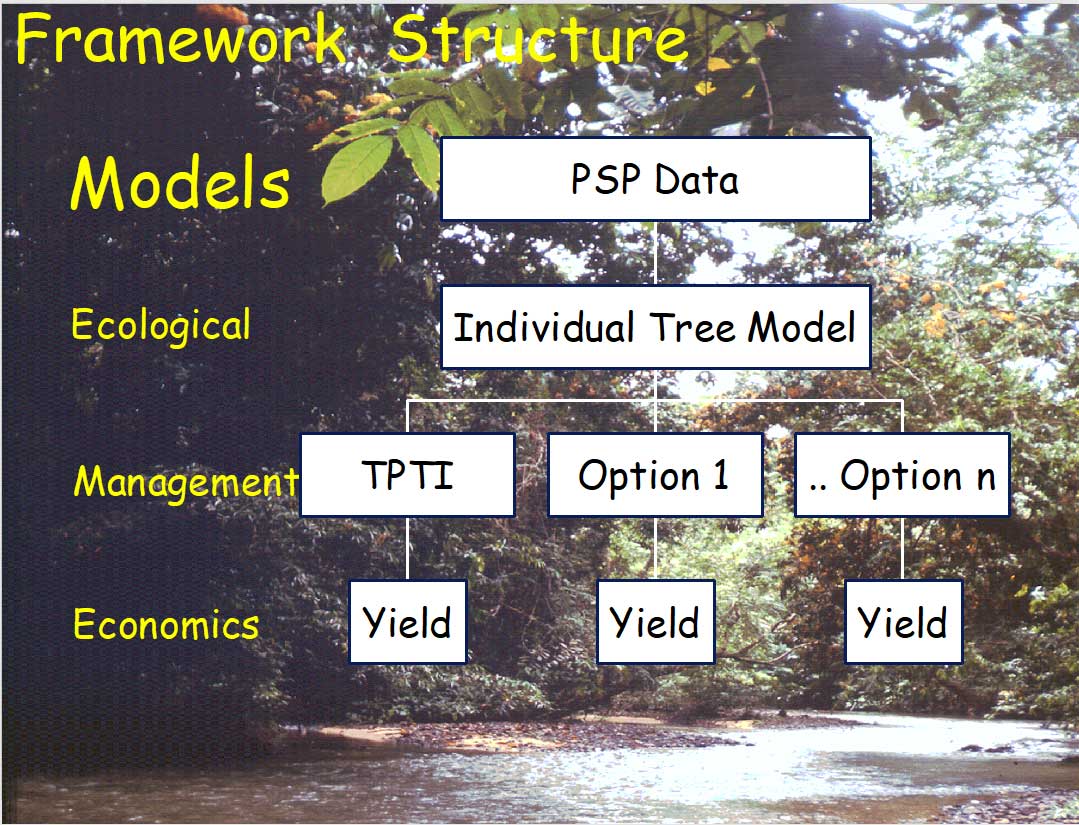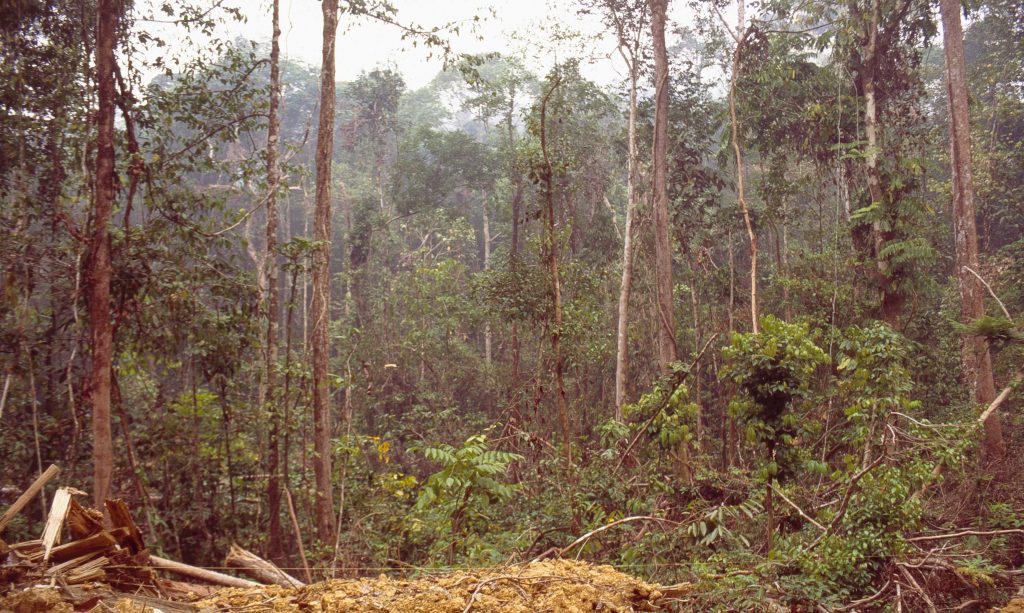You can also view some highlights on work on Global Research Strategy
Ecosystem Services for Poverty Alleviation (ESPA)
As ESPA Director from 2010 through to 2016, I provided scientific leadership to projects and acted as a global ambassador for the research and its application to benefit poor people in developing countries.
The ESPA programme funded over 100 research projects, located in 53 countries with over 1000 researchers being involved over 9 years when ESPA closed in 2018. A summary of ESPA’s highlights is available on the ESPA website.
As ESPA Director, I was responsible for leading on the programme’s strategies, supporting projects, researchers and their partners and in leading the ESPA Directorate. During my time as Director I was able to visit a range of ESPA projects working in partnership in each region the programme was working (Africa, Asia and Latin America). I also carried out an extensive range of communication activities and events, many of which were captured in a series of blogs, regular newsletters, videos and other communication activities.

My management responsibilities included oversight of the Directorate budget of over £1 million each year, leadership of the Directorate staff and oversight a a small project grant scheme and ESPA Fellowship programme. I was the main link to ESPA’s funders and the programme’s International Programme Advisory Committee. I led on programme level reporting, and the development and implementation of ESPA’s results frameworks and Key Performance Indicators. Examples of the types of regular reporting derived from this system are presented on the ESPA website for a reporting period in 2015, with both high-level statistics, and a simple programme level infographic.
The programme had a reputation for innovation and delivery and consistently performed well, both in terms of academic output (publications, citations) and development impact.

SYMFOR
 The SYMFOR research programme was funded under DFID’s Forestry Research Programme (FRP) running from 1997 through to 2002.
The SYMFOR research programme was funded under DFID’s Forestry Research Programme (FRP) running from 1997 through to 2002.
Initially, the project was based in Indonesia (Kalimantan) working with both the Indonesian Tropical Forestry Management Programme (DFID, ITMFP) and the European Union’s Berau Forest Management Programme (BFMP).
The SYMFOR Framework was subsequently adapted calibrated and applied to support forest management in Brazil, Guyana and Ghana and led to a concept for a wider programme of work on multi-objective forest management. In each country the work helped to refine guidelines and policy for sustainable forest management.
As the Principal Investigator of this project, I led the successful delivery of the original project and its subsequent expansion and application through linkages with national natural resource management activities and relevant DFID and European Union development programmes.
Indonesian Tropical Forestry Management Programme
In 1992 I took on a leadership role in the DFID-funded, Indonesian Tropical Forestry Managament Programme (ITFMP) which was being implemented by the Edinburgh Centre for Tropical Forests (ECTF). My role was one of research coordination and leadership with a separate role of Team-Leader located full-time in Indonesia.

One of the key challenges during the period of the ITFMP programme was the need to adapt the research to respond to the shift from a focus of forest conservation (post Rio-92) to one that included consideration of the livelihoods of local communities as captured in the OCED International Development Targets (1996) and subsequent UN Millennium Development Goals (2000/2001). This led to the linked Forest Research Programme SYMFOR research project and the UK’s follow-on forestry development programme in Indonesia, the Multistakeholder Forestry Programme (MFP).